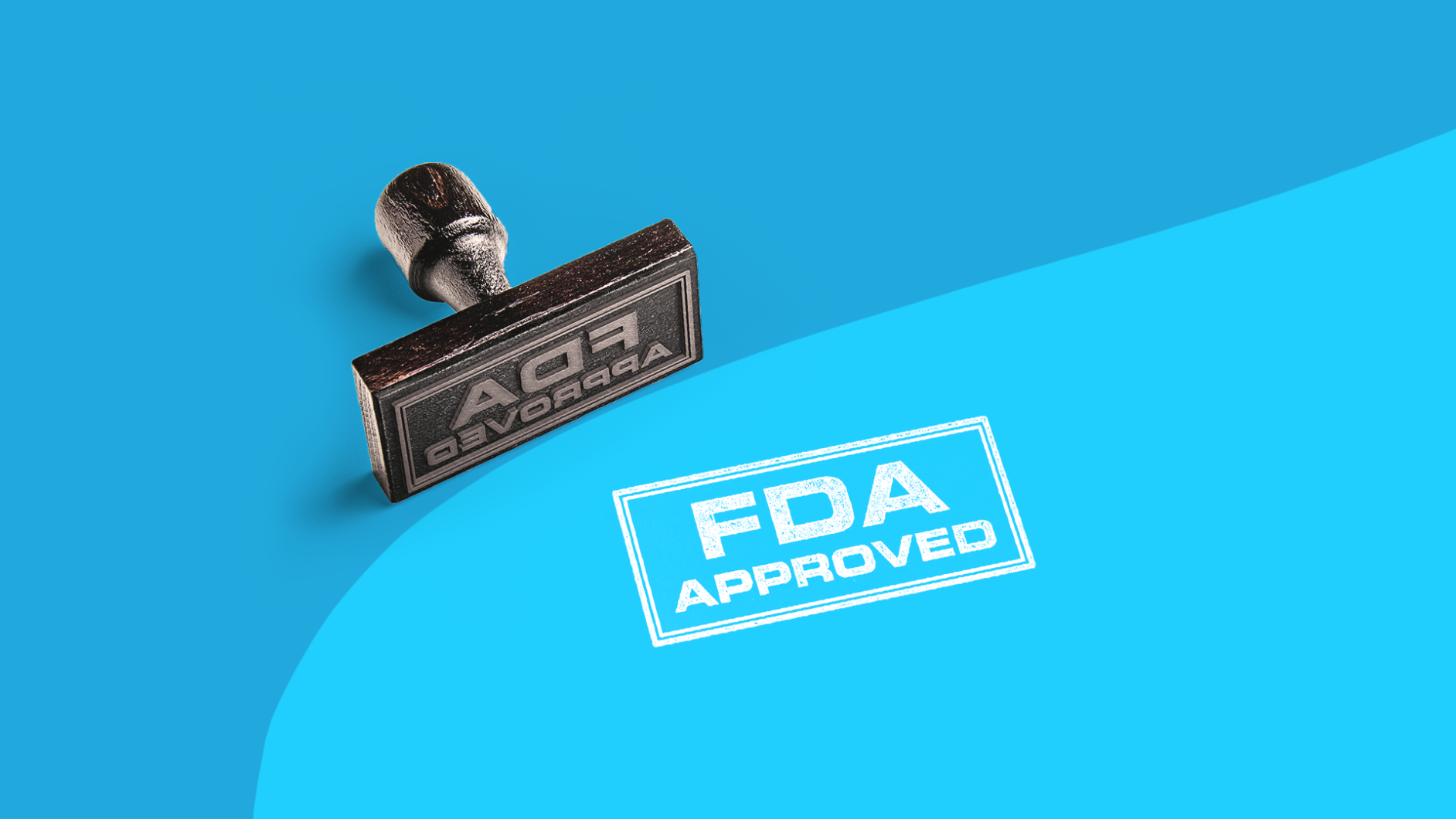Those on immunosuppressive drugs for psoriasis or ulcerative colitis may soon breathe a little easier when they get to the pharmacy counter: The U.S. Food and Drug Administration (FDA) just approved Wezlana (ustekinumab-auub), a biosimilar for the popular drug Stelara. Manufactured by Amgen, the biosimilar—which is like a generic for biologic medications—was approved to treat inflammatory conditions like plaque psoriasis or ulcerative colitis.
While there is no meaningful difference between Wezlana vs. Stelara, the main differentiating factor will be the price. Biologic medications can be expensive, so Wezlana offers another treatment option and competition that will hopefully make the medications more affordable for patients.
“Biosimilar medications offer additional safe and effective treatment options that have the potential to increase access for people requiring treatment for inflammatory diseases,” Nikolay Nikolov, MD, director of the Office of Immunology and Inflammation in the FDA’s Center for Drug Evaluation and Research, explained in a statement.
What is Wezlana?
Ustekinumab is a type of immunosuppressive drug. It’s a human monoclonal antibody that selectively targets interleukin (IL)-12 and IL-23, which are cytokines that play a role in tempering the body’s inflammatory response in several medical conditions. This Stelara alternative is given by subcutaneous (under the skin) injection or intravenous (into a vein) infusion.
Wezlana treats the same conditions that Stelara has been approved to treat, including:
- Moderate to severe plaque psoriasis in adults and children 6 and older
- Active psoriatic arthritis in adults and children 6 and older
- Moderate to severely active Crohn’s disease in adults
- Moderate to severely active ulcerative colitis in adults
The FDA approved Wezlana with an interchangeability designation. Meaning, pharmacists can swap Stelara for Wezlana when filling a prescription—without having to call their patients’ providers and ask them to make the change first.
RELATED: Ulcerative colitis vs. Crohn’s disease
What are the possible side effects of Wezlana?
According to the FDA announcement, the most serious side effect of Wezlana is infection because the prescription affects your immune response. Other potential side effects include:
- Upper respiratory infection
- Nasopharyngitis (common cold)
- Headache
- Nausea, vomiting, and diarrhea
- Fatigue
- Injection site redness
- Vaginal yeast or fungal infection
- Bronchitis
- Itchiness
- Urinary tract infection
- Sinusitis
- Abdominal pain
- Fever
- Influenza
What are the possible side effects of Stelara?
When considering Wezlana, you may wonder: Does it have the same potential side effects as Stelara? In clinical studies, the most common side effects of Stelara were:
- Nasal congestion, sore throat, and runny nose
- Upper respiratory infections
- Fever
- Headache
- Tiredness
- Itching
- Nausea, vomiting, and diarrhea
- Redness at the injection site
- Vaginal yeast infections
- Urinary tract infections
- Sinus infection
- Bronchitis
- Stomach pain
- Joint pain
In other words, the potential adverse effects are nearly identical to those of Wezlana.
When will Wezlana be available?
Amgen has not announced when Wezlana will be available. Earlier this year, Johnson & Johnson, the manufacturer of Stelara, settled a patent lawsuit against Amgen for this medication. Reuters reported that the settlement terms were confidential but would allow Amgen to begin selling its biosimilar of Stelara no later than January 1, 2025.
Other ustekinumab biosimilars may also eventually become available, as several are in the development pipeline.
How much will Wezlana cost?
The manufacturer of Wezlana has not yet released information about what the cost of Wezlana will be when it does reach the market.
Biologic drugs like Stelara are known for being effective but expensive. In fact, Stelara was one of 10 “high-expenditure” drugs chosen for Medicare price negotiation under the Inflation Reduction Act. The availability of the biosimilar Wezlana could save patients some money, as research suggests that the introduction of biosimilars tends to drive down costs.
Xavier Becerra, the secretary of the U.S. Department of Health and Human Services, praised the approval of Wezlana for its potential to reduce drug spending for many consumers.
Sources
- Amgen settles patent lawsuit over biosimilar of J&J’s big-selling Stelara, Reuters (2023)
- Amgen’s Stelara biosimilar delayed until 2025 after settling with J&J, AJMC (2023)
- Biosimilars in the United States 2023-2027: Competition, savings, and sustainability, IQVIA (2003)
- FDA approves interchangeable biosimilar for multiple inflammatory diseases, FDA (2023)
- HHS Secretary Becerra’s statement on the FDA’s approval of Wezlana, U.S. Department of Health and Human Services (2023)
- Stelara and Enbrel chosen for IRA price negotiation, AJMC (2023)
- STELARA® (ustekinumab) approved by the U.S. Food and Drug Administration to treat pediatric patients with active psoriatic arthritis, Johnson & Johnson, 2022
- Ustekinumab, StatPearls (2022)











